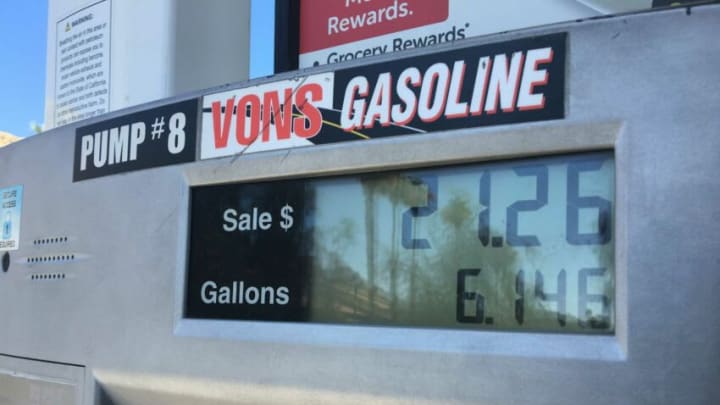The United States government is closing in on passing the mega Infrastructure Bill that includes a road tax test that could change how we travel. Taxing by the mile, coming soon!
For now, the testing will be done over a three-year period and then it will be reassessed at that time. According to TheDrive.com, President Biden is pushing for more electric vehicles and will be signing an Executive Order to have half of new car sales be electric vehicles by 2030.
If that does in fact play out, current taxes on fuel will take a big hit and the government will see a massive dip in tax dollars that are used for infrastructure, road repairs, and even education. Already states are being hit by the explosion of electric and hybrid vehicles. Federal vehicle fuel taxes currently stand at 18.4 cents a gallon and then states and counties across the country add more on top of that.
In North Carolina, another .48 cents is added on top of that.
This bill aims to make sure that the money continues to flow back to the government should the need for fossil fuels diminish and/or lessen. It makes sense but what will it do to those who take their cars when they travel?
To begin, this program would be used across every state and it would ask for volunteers. There are positives and negatives to such a program. While those who do not travel often or drive far distances will not see huge increases, those who drive a lot of miles will. The question is will fuel taxes at the pump drop if there is a per-mile tax?
It is also reported that the tax will be different based on the weight and type of vehicle you have. Will the tax be less to drivers over electric vehicles? That isn’t known but it would make sense given the current administration’s push for more electric vehicles on the road.
This of course says nothing about the cost of charging your vehicle. While you won’t pay taxes for charging your vehicle at home, you will see the difference on your monthly electric bill, and charging stations will likely have a tax associated with them as well.
It is all a bit confusing now but it is something that long-distance drivers and travelers will need to keep aware of because it sounds like this will be the direction we will see over the course of the next five years and it may become a permanent way we pay for driving on America’s roads.
